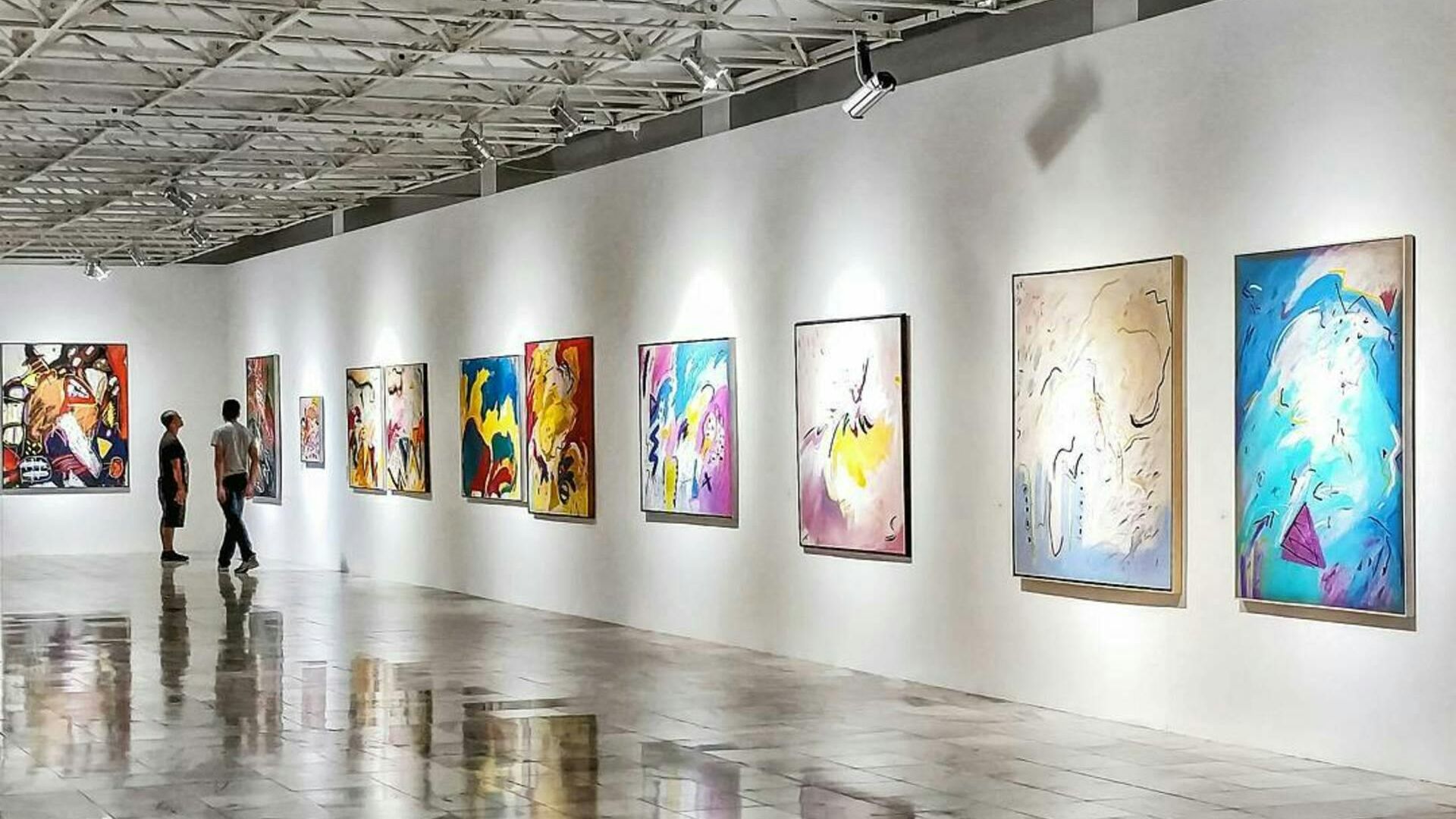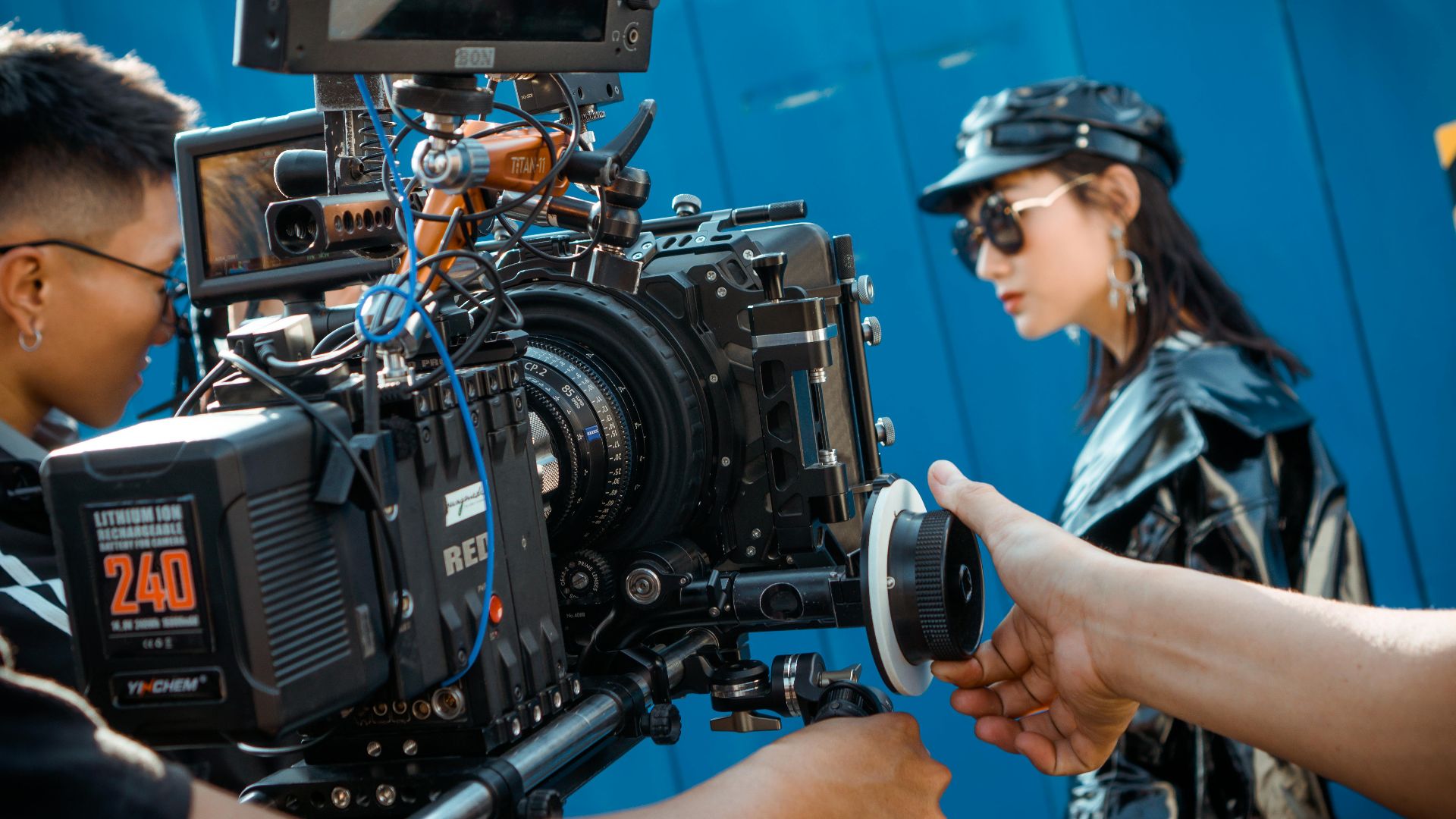When Dreams Meet Harsh Reality
Choosing a college major is a big decision, and some paths, while full of passion and promise, should be considered carefully. With high tuition, low salaries, or fewer jobs than expected, certain degrees leave graduates questioning their investment. This is not about bashing the arts or humanities, but about looking at what many people have actually experienced. Here are 20 degrees that seemed like a good idea at the time but came with unexpected realities.
1. Art History
Many graduates face limited job prospects outside academia or museum work. On top of that, the median income is significantly lower than the national average across all industries. Also, some students are shocked to learn that most museum jobs require advanced degrees.
2. Culinary Arts
Culinary school is expensive, and high burnout and physical exhaustion lead many to leave the profession early. Some chefs work 12–16 hour shifts without benefits, and tuition debt can exceed earnings for years in low-paying kitchens. Due to intense competition, fewer graduates open successful restaurants than expected.
3. Photography
Freelance work is unstable, and full-time photography roles are rare. Plus, photography equipment and education can cost tens of thousands of dollars. Most clients offer exposure instead of fair compensation, and AI tools now replicate professional photos in seconds, reducing demand.
4. Fashion Design
The fashion industry is oversaturated, and new designers struggle to break in. Many jobs here pay minimum wage, especially in assistant or intern roles, and fashion giants often overshadow independent talent. Some designers pivot to costume work or corporate merchandising roles.
5. Music Performance
Full-time performance jobs are extremely limited and highly competitive, and graduates often juggle multiple gigs and teaching roles just to break even. Orchestras have shrinking budgets, audition chances are rare, and musicians may invest in expensive instruments they can't afford to insure.
6. Communications
Being one of the most popular degrees means the market is saturated. Also, the field is so broad that skills often lack direct job alignment. Employers may prioritize experience or tech certifications over the degree itself, and career mobility may demand a second, specialized degree.
7. Theater Arts
Because of the rarity and competitiveness of stable, well-paying acting jobs, actors face high unemployment and underemployment rates. Many graduates work multiple side jobs, and some spend more time working in restaurants than on stage. Voiceover and commercial work can be more financially viable.
8. Religious Studies
Outside academia, ministry, or nonprofit work, job prospects for holders of this degree are limited. Plus, most roles require further theological training or seminary degrees. Secular employers may view the degree as too niche, and graduates sometimes move into unrelated fields like social work or HR.
9. Anthropology
Career paths often require graduate-level education for stability, as bachelor-level jobs in anthropology are scarce and poorly paid. While the fieldwork is thrilling, it rarely leads to long-term employment, and it’s common for graduates to end up in unrelated roles like tech support.
10. Philosophy
Philosophy majors may struggle to find direct career pathways, and advanced study is usually necessary to find stable employment. Grads are admired for critical thinking but underpaid in practice, and many enter law school, but only with additional debt.
11. English Literature
This degree can lead to low-paying or non-specialized jobs. Teaching, one of the few clear paths, requires further certification. With countless graduates facing high competition for editorial roles, some end up in administrative roles just to pay bills.
12. Film Studies
Jobs in film are often freelance, sporadic, and low-paying. The industry is notoriously difficult to break into without connections. A change in hiring models by streaming platforms has reduced opportunities, and it’s not uncommon for grads to work as production assistants or in unrelated roles.
13. Interior Design
Trends here evolve so rapidly that previous training can become obsolete within a few years. Also, entry-level salaries are low compared to the high cost of certification and software tools, and many roles require a license, which demands additional exams and ongoing education.
 Photo By: Kaboompics.com on Pexels
Photo By: Kaboompics.com on Pexels
14. Gender Studies
This degree is a common target of political or ideological controversy, and career opportunities here are typically limited to academia, nonprofit, or advocacy sectors. A lack of clear pathways makes many grads transition into unrelated careers, and some students find it difficult to explain the degree’s relevance.
15. Graphic Design
Freelance saturation and crowdsourcing platforms drive wages down here, and many roles require extensive unpaid internships just to get a foot in the door. Clients often expect unlimited revisions for flat fees, and AI tools now create design mockups in minutes, challenging human value.
 Antoni Shkraba Studio on Pexels
Antoni Shkraba Studio on Pexels
16. Political Science
This is a popular major, so there’s a highly competitive job market. Many graduates end up in administrative roles, and some pivot to business or teaching. Campaign work is exciting, but it is also notoriously unstable and underpaid.
17. Sociology
With this degree, entry-level positions are limited, and advanced degrees are usually required for research or clinical roles. Graduates may struggle to explain how their skills apply in interviews, and a good number end up working in HR, not sociology-specific fields.
18. Journalism
Traditional media jobs have been shrinking for over a decade, and many positions now require unpaid internships or multimedia skills beyond writing. Paywalls and layoffs have destabilized the career space, and freelance rates have dropped to pennies per word in some cases.
19. Fine Arts
Job prospects are narrow, and most artists don’t earn a consistent income. To survive, some graduates sell art on Etsy or at street fairs. Art school tuition can be higher than any potential starting salary, and galleries take large commissions, leaving artists with minimal profits.
20. Creative Writing
Without publishing success, this degree rarely leads to a stable income. Also, most full-time writing roles go to candidates with experience, not degrees. Publishing is hyper-competitive and slow, even for talented authors, and while some grads self-publish, few earn enough to recoup tuition.


























